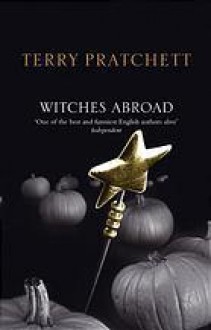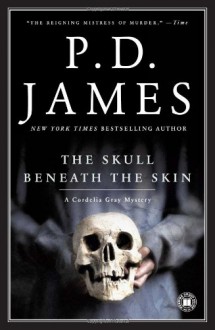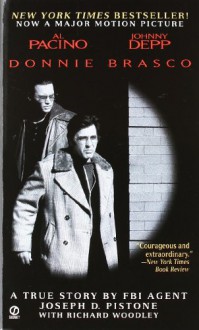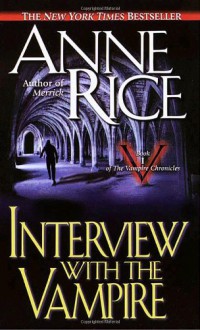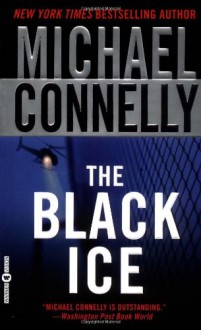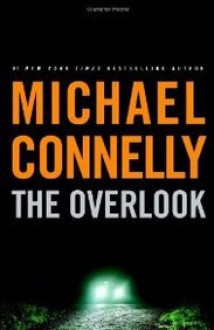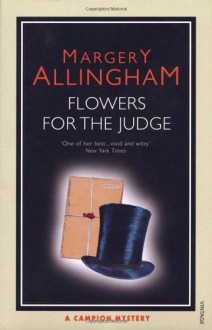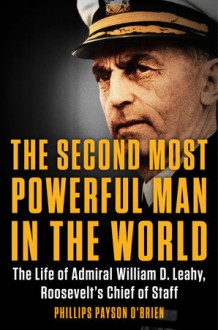
When I decided several months ago to borrow this book ("THE SECOND MOST POWERFUL MAN IN THE WORLD") from my neighborhood library, its subject William D. Leahy was someone I regarded as a peripheral figure in history. I had had some prior awareness of Leahy. But I had assumed that he, a naval officer, had been Franklin Roosevelt's physician during the Second World War. And so, I didn't give him a second thought.
But once I began reading this biography, I began to see that Leahy was a remarkable man on so many levels who selflessly devoted his life in service to the United States. Born in 1875 in Wisconsin, a second-generation Irish American, Leahy went on to attend the Naval Academy at a time when the U.S. Navy was in the midst of transitioning from the Age of Sail to a modern navy run on coal --- which in turn would give way in the 20th century to warships powered by gasoline derived from petroleum --- graduating in 1897. Leahy would later see action during the Spanish-American War and over the next 52 years would rise through the Navy, having commanded various warships in home waters and overseas and engaged in a variety of administrative and diplomatic roles. Indeed, as a young naval officer, Leahy in 1913 made the acquaintance of Franklin Roosevelt, who was then Assistant Secretary of the Navy in the Wilson Administration. The two men were to form a deep, special bond over the years. And though their paths would diverge during the 1920s, the men kept in touch. So that when Roosevelt was elected President in 1932, Leahy would become a confidante and adviser to FDR, who furthered Leahy's naval career. Before the decade was out, Leahy would serve as the Chief of Naval Operations, the highest rung in the Navy's hierarchy.
I was also impressed that Leahy, unlike many of his contemporaries in the post-World War I era who were wedded to the battleship as key to naval doctrine and tactics, grew to appreciate the potential that aircraft represented as they became increasingly sophisticated, capable of travelling great distances and showing their worth as offensive weapons at sea. Leahy would also serve in 2 key political posts - first as Governor of Puerto Rico (1939-40), in which capacity he oversaw the development of several military bases, assumed the stance of not interfering in local politics, and made an effort to understand and respect Puerto Rican culture; and later as the U.S. Ambassador to Vichy France (from 1941 to May 1942).
But Leahy's greatest role -- which was to be the capstone to his naval career -- was as the nation's first Chairman of the Joint Chiefs of Staff during the Second World War. There was hardly any aspect of wartime grand strategy in which Leahy did not leave his stamp. This is where the book title of "THE SECOND MOST POWERFUL MAN IN THE WORLD" is most apt. In this role, Leahy's relationship with FDR deepened further, becoming, it seemed to me, almost symbiotic. Leahy deeply admired and respected FDR and never sought power for himself. He worked incredibly hard and put in long hours as a matter of routine.
And then upon FDR's death in April 1945, Leahy would stay on to serve in the Truman Administration, developing a close relationship with President Truman. He helped to shape what would become the Truman Doctrine (along with the National Security Council and the CIA - which he felt should not engage in clandestine activities but restrict itself to gathering intelligence for the government; unfortunately, after Leahy retired, the CIA - due to the influence of Allen Dulles who led it during the Eisenhower years - would later have as its remit, clandestine activities and other nefarious doings) in the early Cold War years, retiring in January 1949.
What I also appreciated from reading this biography was learning about Leahy the man, how he thought and felt about the various famous and not-so-famous personages he dealt with -- as well as his attitudes on people and the various travels he embarked upon throughout his long life. (Leahy kept a rather extensive diary through most of his life.)
And now that I've read this delightful book, I would urge anyone who wants to learn about a signficant historical figure deserving of wider recognition, pick up "THE SECOND MOST POWERFUL MAN IN THE WORLD." It's one of the best biographies I've ever read.

 Log in with Facebook
Log in with Facebook 


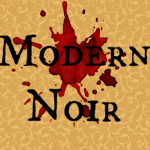


 I'd heard good things about the Jack Taylor series, the one they made
I'd heard good things about the Jack Taylor series, the one they made

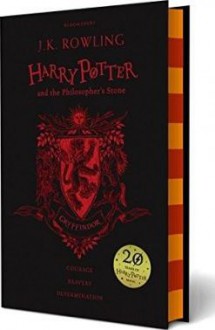

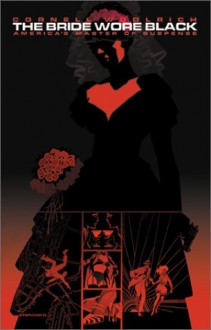


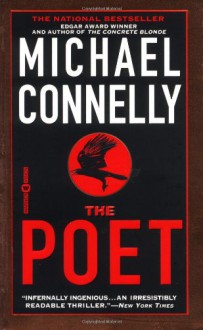


 Today's prompt is for favorite horror reads; that not being much of my thing (outside, perhaps, the gothic classics and anything more edifying or funny rather than scary), I think I'm going to leave that prompt to Char, Bark's Books (aka Bark at the Ghouls), and the site's other horror fans. Instead, I'm going to catch up on the prompt from the day before yesterday -- I'm really, really excited about the new squares.
Today's prompt is for favorite horror reads; that not being much of my thing (outside, perhaps, the gothic classics and anything more edifying or funny rather than scary), I think I'm going to leave that prompt to Char, Bark's Books (aka Bark at the Ghouls), and the site's other horror fans. Instead, I'm going to catch up on the prompt from the day before yesterday -- I'm really, really excited about the new squares.


